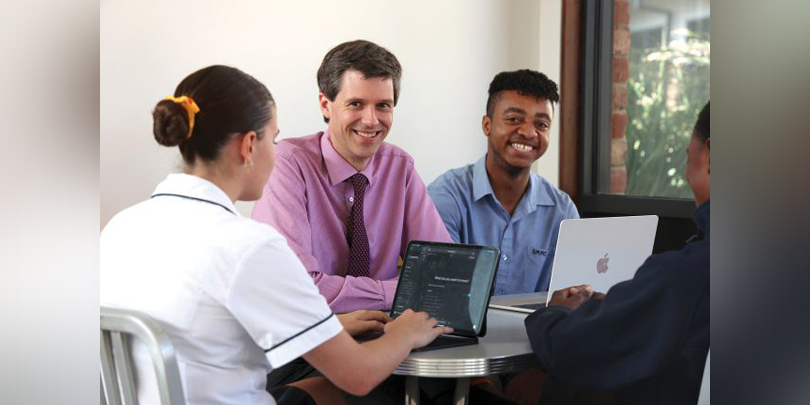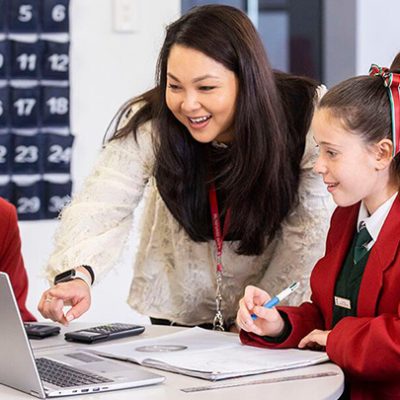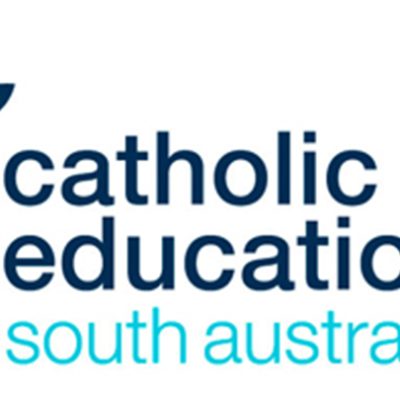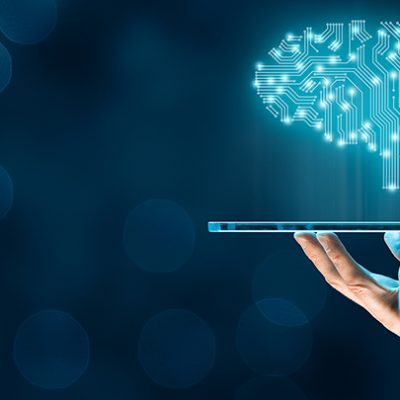
Artificial intelligence is no longer a concept; it’s here and changing how students learn and teachers teach in schools across Australia. Source: Catholic Voice.
From streamlining personalised learning to enhancing critical thinking, educators are uncovering both the opportunities and challenges of integrating artificial intelligence in classrooms.
However, as experts like Trent Wilson, digital learning coordinator at MacKillop Catholic College in Canberra and Jason Szkwarek, a teacher from Caroll College Broulee, point out, the benefits of AI must also be weighed against its ethical implications.
“AI is a game-changer,” Mr Wilson said. Since its introduction, AI has revolutionised how students engage with learning.
“We’ve transitioned from concerns over academic integrity to focusing on how AI can responsibly enhance the learning process.”
At MacKillop Catholic College, platforms like Education Perfect provide AI-driven feedback to refine students’ writing and promote critical thinking.
“Some students adapt to the tools quickly,” Mr Wilson explained. “Others take longer, but the goal is to foster independence for all.”
At Carroll College, Mr Szkwarek uses cechat to guide students through complex concepts without simply providing answers.
“Unlike generic AI tools, cechat works as a Socratic tutor; it promotes deeper understanding by encouraging students to refine their ideas.”
Mr Szkwarek further emphasised how AI supports vocational education. “For students with lower numeracy skills in vocational classes, AI can break down complex tasks into manageable steps, like a patient tutor repeating instructions as needed.”
Both educators stress the importance of a cautious, structured approach.
“We have strict policies in place,” said Mr Szkwarek.
At Carroll College, a “traffic light” system is used to identify which tasks are AI-appropriate and which require independent skills.
A Vatican document released in January, Antiqua et Nova: Note on the Relationship Between Artificial Intelligence and Human Intelligence, recognises AI’s potential to improve education while cautioning against its overuse, which could hinder critical thinking and lead to dependence.
“AI should complement human intelligence, not replace its richness,” the document advises.
FULL STORY
AI in education: Balancing innovation and ethics in Australian classrooms (By Jeanine Doyle, Catholic Voice)






